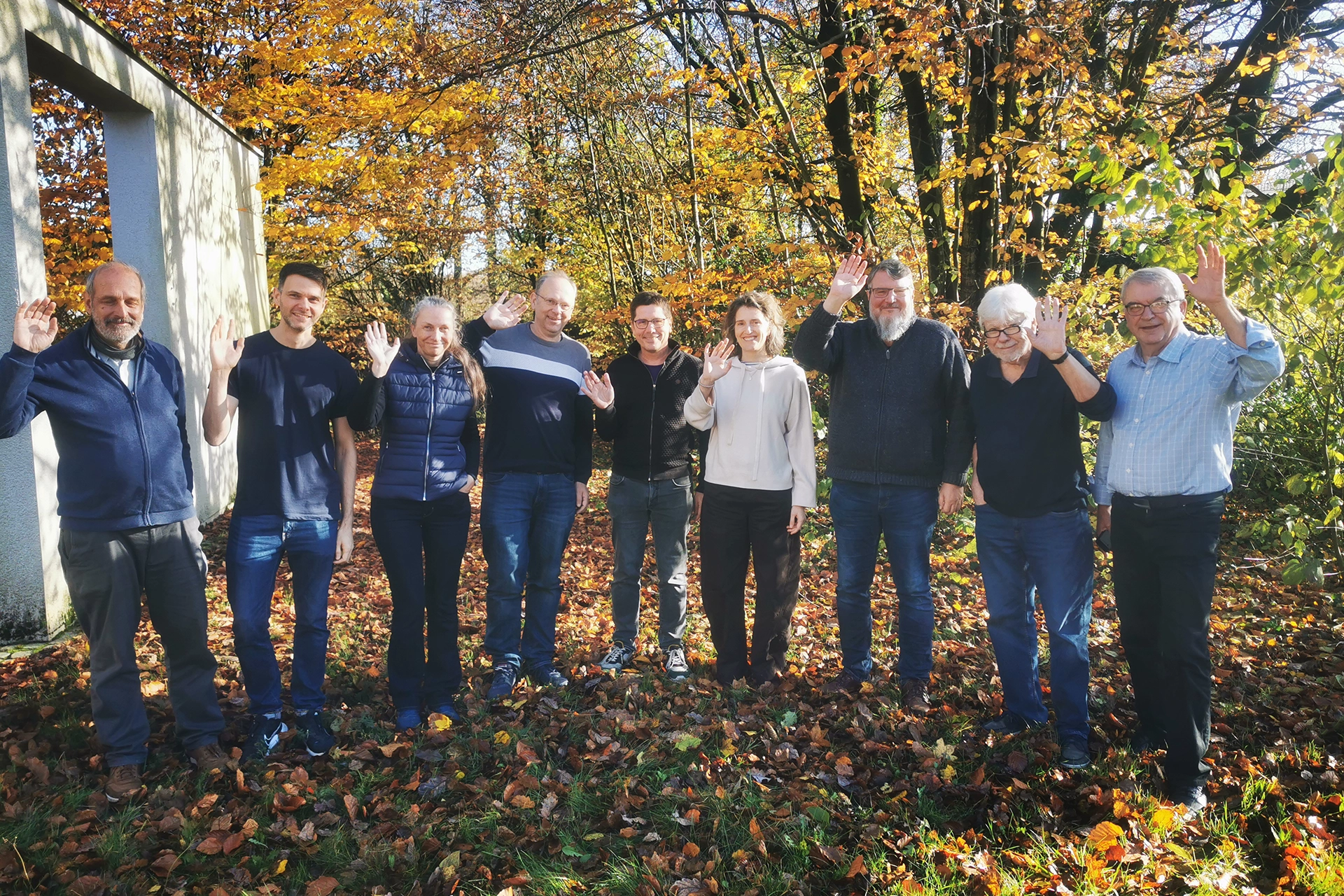This is KOMSO
The Komitee für Mathematische Modellierung, Simulation und Optimierung, in short KOMSO, is a German network of applied mathematicians from industry and academia. At its core, it connects three fundamental mathematical concepts, namely modeling, simulation and optimization, which are important to drive innovation in many areas of modern life. Therefore, KOMSO also advises policymakers in Germany and even as a member of EU-MATHS-IN at an international level. The network currently consists of roughly 40 individual members and institutional partners.
It is governed by an executive board and advised by a Scientific Advisory Board.

Since March 2018, KOMSO has been a non-profit registered association (KoMSO e.V.).
History
KOMSO was founded in 2011 following the "Mathematics 2020 Strategy Day”
The Committee for Mathematical Modelling, Simulation, and Optimization (KOMSO) was founded in 2011 following the "Mathematics 2020 Strategy Day”, an initiative by the Federal Ministry of Education and Research (BMBF) under Germany's High-Tech Strategy 2020. This event brought together experts from academia, industry, and research to explore how mathematical modeling, simulation and optimization (MSO) could better serve societal and industrial needs. Then in 2018, KOMSO became a non-profit organization.
At the event on November 9, 2010, mathematicians, natural, engineering and computer scientists from industry, interest groups, universities and research institutions met to discuss how the potential of mathematics can be developed and harnessed for our society even better than before.
The Strategy Day should therefore help to develop instruments and structures that anchor mathematics better and more consciously in applications - a process from which science and industry would benefit equally.
The results of the Strategy Day were the following recommendations of action:
- Establishment of a strategy committee which is responsible for networking, public relations work, the dissemination of mathematical knowledge and the identification of areas of need through challenge conferences
- Development of regional (and supra-regional) networks with a joint office
- Extension and transfer of mathematical orientation knowledge
- Intensification of cooperation between university mathematics with neighboring disciplines and industry
- Creation of infrastructures for the implementation of mathematical innovations
- Expansion of the mathematical modeling technology field Simulation and Optimization (MSO)